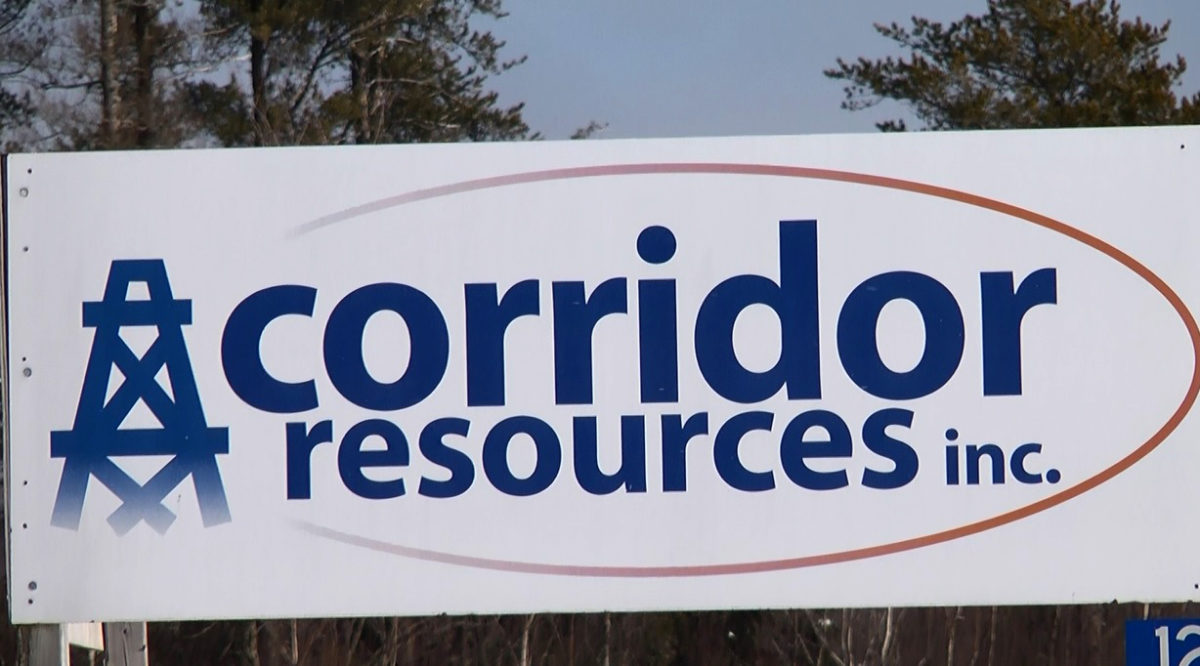The New Brunswick government appointed a commission to study the possible future of shale gas extraction. The three-member commission will be responsible for investigating the future of hydraulic fracturing for natural gas, or fracking.

Minister of Energy and Mines Donald Arsenault says that it took time to appoint the commission. “We had to find somebody that’s not biased on one side or the other,” said Arsenault.
Former NBCC board chair Cheryl Robertson and former UNB president John McLaughlin will serve on the commission led by former chief justice of the Court of Queen’s Bench Guy Richard. The commission has one year to report their findings to cabinet.
The government has five conditions that must be met to lift the province-wide moratorium on the practice.
“We’re going to give the responsibility to the commission,” said Arsenault. “[The commission] will seek the proper definition of how we can determine if we do have the social license to proceed or not.”
The moratorium will only be lifted if the commission finds that the majority of New Brunswickers approve of the industry, if credible information on the effects of fracking can be found, if a process to consult First Nations is found, if local benefits can be maximized and if the is minimal damage to infrastructure and a coherent plan to deal with waste water.
President and CEO of Corridor Resources, Steve Moran has opposed the moratorium since its inception in 2014.
“The five conditions outlined by the Government of New Brunswick, for Lifting the temporary moratorium, are simply not clear enough. They do not provide a predictable path forward,” said Moran.
Corridor Resources owns and operates many fracking wells in the province. They have 13 well pads and 45 wells in the Sussex area alone. Many have been in operation since 2004.
Hydraulic fracturing is a method of resource extraction that involves drilling into the earth, injecting chemicals at high pressure, and then injecting another agent, usually water or propane, along with sand, to break up rock deposits. That releases natural gas that otherwise would have been harder to extract.
“We have always maintained that a moratorium is not necessary for an industry that has operated responsibly and safely in this province,” said Moran. “In addition, New Brunswick already has clear and robust regulations in place under which the industry operates safely.”
Beth Nixon is a resident of Penobsquis, where Corridor Resources has a field office, a gas plant, many wells and well pads.
“In Penobsquis, Corridor has not had a good history,” said Nixon. She and others, in the small community of 800, question the safety of the fracking industry based on what she they’ve seen in their community.
“Many are concerned about both human health and animal health,” said Nixon.
“This (well pad) is the place where there was a radioactive frack spill in 2006,” said Nixon. “There is pasture all out behind it for dairy cows.”
Nixon said that some well pads experience surface contamination and in the spring the Kennebecasis River floods over the wells.
“We simply don’t know it is contaminating the water. There seems to be no one testing,” said Nixon. “Until there is a heath study and statistical analysis of health concerns, how can we let this go forward in other parts of the province?”
Studies from the University of Alberta has linked fracking waste water disposal to earthquakes in the province. Some worry about the negative environmental impacts hydraulic fracturing, while others don’t want to miss the boat on the potential economic benefits of the industry.
